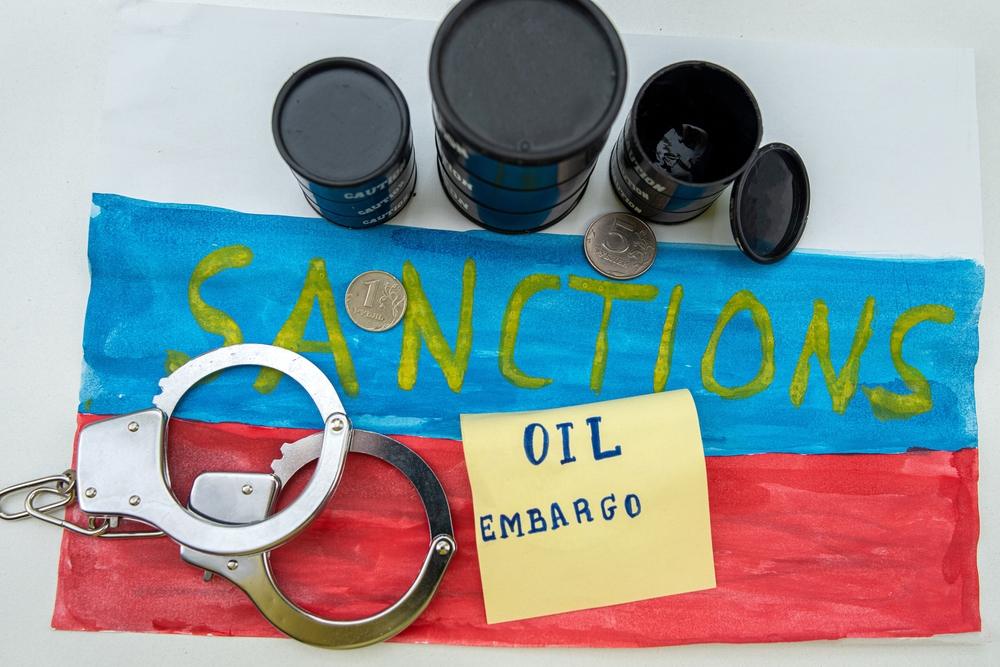
Source: PTI News
A Sudden and Steep Increase in Tariffs
On Wednesday, the White House announced that an additional 25% tariff would be applied to Indian goods, bringing the total duty to 50%. Trump’s executive order explicitly links the measure to India’s continued importation of Russian oil, which Washington views as undermining efforts to isolate Moscow.
The tariffs are set to take effect in two waves, with the first 25% announced before beginning on Thursday and the new 25% surcharge following 21 days later. With this decision, India now faces one of the highest tariff rates imposed by the United States on any of its major partners, raising questions about the resilience of bilateral trade flows worth billions of dollars annually.
Strategic Pressures
The tariff escalation coincides with delicate diplomatic maneuvers. Trump’s special envoy, Steve Witkoff, met in Moscow with Russian President Vladimir Putin just days before Washington’s stated deadline for Russia to strike a peace deal with Ukraine. According to a White House official, the meeting “went well” and suggested that the Russians were eager to keep engaging with the U.S. on resolving the conflict.
At the same time, the administration has hinted that other nations importing Russian oil could soon face similar penalties. Trump’s order instructs his team to identify any such countries and assess whether further trade actions are necessary. This approach indicates that Washington intends to broaden its leverage beyond India, using trade as a central instrument in its geopolitical strategy.
India Pushes Back Against the Move
New Delhi swiftly condemned the new tariffs, calling them “extremely unfortunate.” India’s Ministry of External Affairs argued that its oil purchases are based on market dynamics and the imperative of ensuring energy security for 1.4 billion citizens. Officials noted that several other nations maintain trade with Russia yet have not been targeted with comparable measures, describing Washington’s action as unfair, unjustified, and unreasonable.
In earlier statements, India highlighted what it views as a double standard: that countries criticizing its purchases from Russia continue their own trade with Moscow. Indian officials stressed that, unlike others, its imports are tied to urgent national needs rather than discretionary policy choices. This narrative seeks to defend India’s autonomy while signaling that the U.S. pressure campaign may be politically costly.
Global Reactions and Implications
Russia has openly defended India, with Kremlin spokesman Dmitry Peskov describing the tariffs as attempts to force sovereign nations to abandon legitimate economic ties. Moscow emphasized that countries should have the right to choose their trading partners freely, suggesting that Washington’s move could harden alliances between targeted nations and Russia.
Economists warn that a 50% tariff on Indian goods could have ripple effects. Higher costs for U.S. importers may lead to price increases for consumers, while Indian exporters face shrinking access to a vital market. Investors are also watching closely, as escalating trade tensions could unsettle financial markets already sensitive to geopolitical risks.


